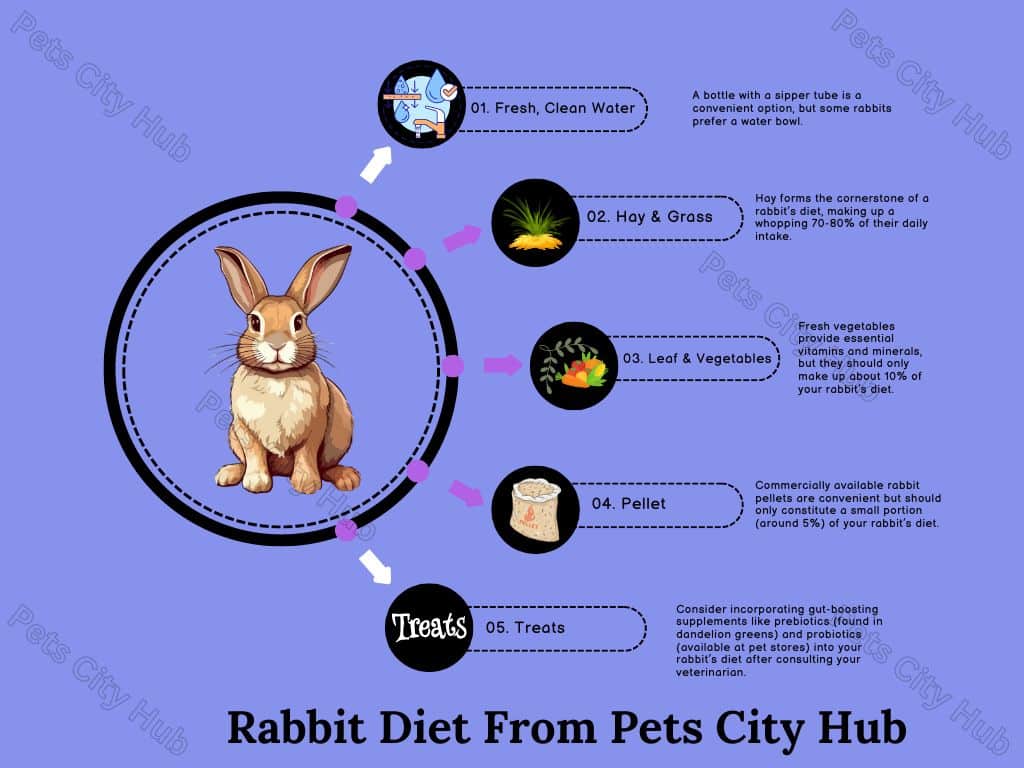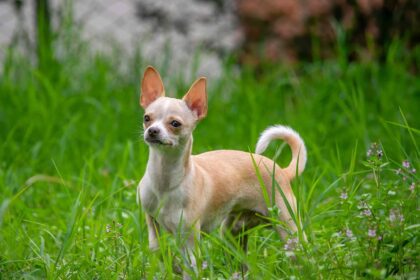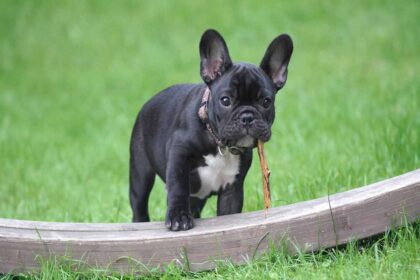Rabbits are adorable companions, but their dietary needs can be a mystery to many owners. While cartoon depictions might have you reaching for a basket of carrots, a healthy rabbit diet is far more complex. In fact, a study published in the Journal of Animal Science found that improper diet is a leading cause of digestive issues in rabbits.
This blog post dives deep into the essentials of rabbit nutrition, exploring the why behind the what to keep your bunny happy and healthy.
Fresh, Clean Water: Hydration is Key
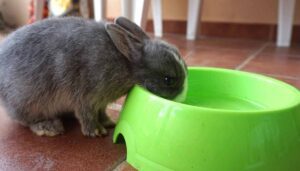 Just like any other pet, rabbits need access to clean, fresh water at all times. A bottle with a sipper tube is a convenient option, but some rabbits prefer a water bowl. Monitor water intake to ensure your bunny is staying hydrated.
Just like any other pet, rabbits need access to clean, fresh water at all times. A bottle with a sipper tube is a convenient option, but some rabbits prefer a water bowl. Monitor water intake to ensure your bunny is staying hydrated.
The Power of Hay & Grass
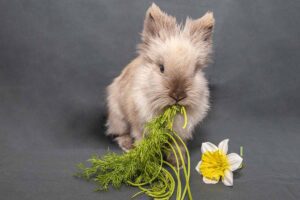 Hay forms the cornerstone of a rabbit’s diet, making up a whopping 70-80% of their daily intake. Think of it as the roughage that keeps their digestive system running smoothly. Timothy hay is the most popular choice, but orchard grass, oat hay, and meadow hay can also be offered for variety.
Hay forms the cornerstone of a rabbit’s diet, making up a whopping 70-80% of their daily intake. Think of it as the roughage that keeps their digestive system running smoothly. Timothy hay is the most popular choice, but orchard grass, oat hay, and meadow hay can also be offered for variety.
Here’s the secret most blogs won’t tell you: Hay quality matters! Fresh, dust-free hay with a green color and pleasant smell is ideal. Avoid yellowed or moldy hay, which can cause respiratory problems.
Leaf and Vegetable Selection
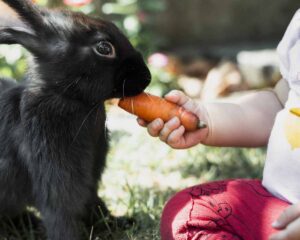 Fresh vegetables provide essential vitamins and minerals, but they should only make up about 10% of your rabbit’s diet. The key is variety! Introduce new veggies gradually to avoid upsetting their sensitive stomachs. Leafy greens like romaine lettuce, collard greens, and parsley are excellent choices.
Fresh vegetables provide essential vitamins and minerals, but they should only make up about 10% of your rabbit’s diet. The key is variety! Introduce new veggies gradually to avoid upsetting their sensitive stomachs. Leafy greens like romaine lettuce, collard greens, and parsley are excellent choices.
Here’s the in-depth tip: Cruciferous vegetables like broccoli and Brussels sprouts can be offered sparingly due to their potential for gas. Herbs like basil, mint, and cilantro can also be included in small amounts for an extra nutritional boost.
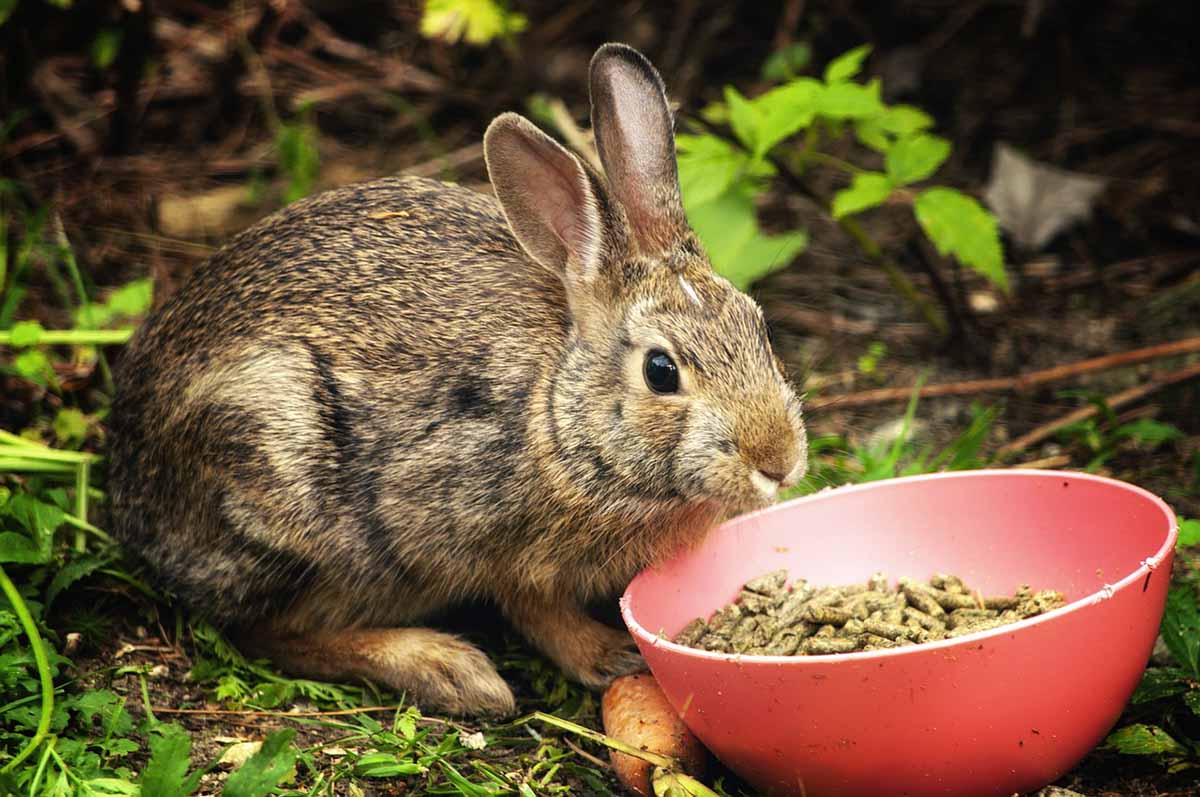
The Pellet Paradox: Quality over Quantity
Commercially available rabbit pellets are convenient but should only constitute a small portion (around 5%) of your rabbit’s diet.
Here’s the crucial detail: Choose pellets formulated for adult rabbits and focus on fiber content (over 18%) and protein content (around 16%). Limit sugary treats and avoid muesli-style mixes, as rabbits tend to selectively pick out the tastier bits, leading to nutritional imbalances.
Gut Health and Treats
A healthy gut microbiome is essential for a rabbit’s overall health. Consider incorporating gut-boosting supplements like prebiotics (found in dandelion greens) and probiotics (available at pet stores) into your rabbit’s diet after consulting your veterinarian.
Introducing New Foods: A Slow and Steady Approach
A rabbit’s digestive system is designed for a slow, steady flow of fiber. Any sudden changes in diet can lead to digestive upset, gas, and even GI stasis, a potentially life-threatening condition. When introducing new foods, start with a thimble-sized amount and monitor your rabbit for any signs of discomfort. It can take several weeks for a rabbit to fully adjust to a new food.
Dental Care
Hay isn’t just good for digestion, it also plays a vital role in dental health. Chewing hay helps wear down rabbits’ constantly growing teeth, preventing overgrown molars that can cause serious health problems. Provide a variety of hay textures and lengths to encourage proper chewing. Wooden chew toys appropriate for rabbits can also be offered for additional dental stimulation.
Food as Playtime
Rabbits are naturally curious foragers. Take advantage of this instinct by using food to enrich their environment. Scatter a handful of pellets or hay cubes around their enclosure to encourage them to explore and “hunt” for their food. Hay bags or food puzzles can also be used to provide mental stimulation and slow down their eating habits, which can be beneficial for preventing boredom and obesity.
Final Thoughts
Keeping your rabbit happy and healthy starts with a nutritious diet. By providing them with a variety of high-fiber hays, fresh vegetables, and a limited amount of high-quality pellets, you can ensure your furry friend thrives for years to come. Remember, if you have any questions or concerns about your rabbit’s diet, always consult with your veterinarian.


